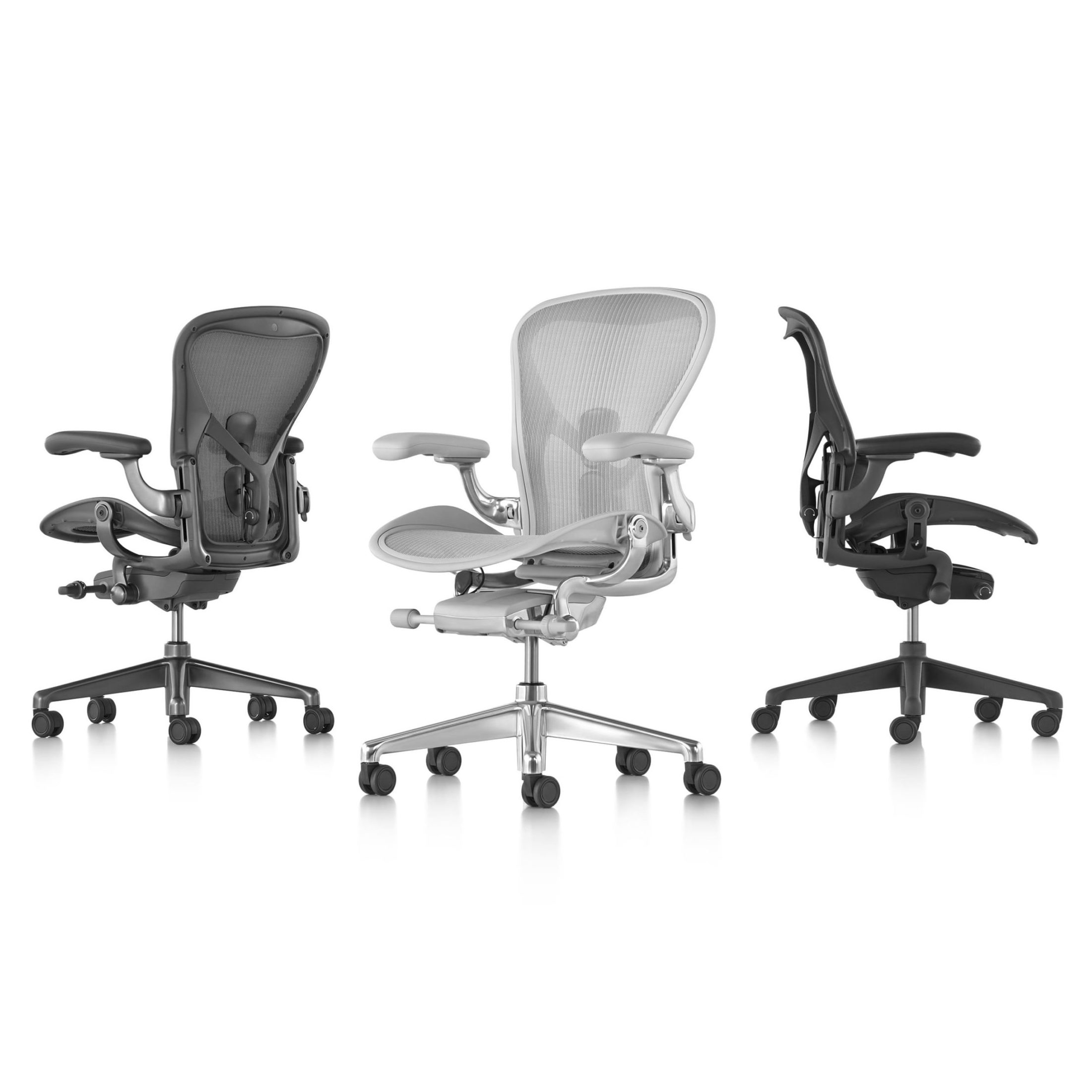Author, Jim Collins frequently speaks of "having the right people in the right seats," in references to executive teams responsible for running great organizations. An excellent team member, with all the right skills might find herself in the wrong "seat" within and organization, causing both the team member and the organization to experience less than optimal performance. Ideally, we want the right people in the right seats, yet it also matters what role those seats are assigned.
I work with businesses to help them scale by creating very simple systems that align the team behind a playbook and scoreboard that everyone on the team can understand. It helps to build trust and get everyone "rowing" in the right direction. I use two different systems in my approach, EOS Traction and Scaling-Up. However recently I've begun to question some of the language used by Traction.
EOS Traction distinguishes a difference between the leader of the company, The Visionary and the one that is tackling the tactical implementation of the EOS system as The Integrator. It's a very hierarchical approach to team organization and doesn't lend itself to the support and empowerment of the wider team. The word "Visionary" carries as certain God-like feel to it, unattainable to the rest of the team. It certainly feeds the Ego of the founder who sits in that role but more than anything it diminishes the importance of the team's input on the vision for the company.
The same can be said of the term, Integrator. In this case, the Integrator is the one who's "pulling it all together." Yet, this also puts too much credit and responsibility on one person. It's the team that pulls the project together, the Integrator is simply the one who oversees the responsibility of ensuring the team is in alignment. That's why I prefer Scaling-Up's version fo this pairing, the Strategist and Orchestrator. Both of these more neutral terms take the roles off a pedestal and bring them into the mix of the rest of the team. These roles are not God-like, they are approachable and easy to understand.

